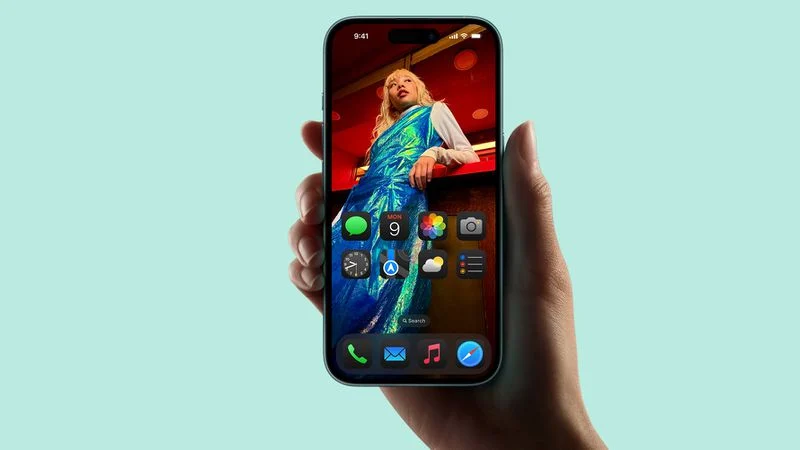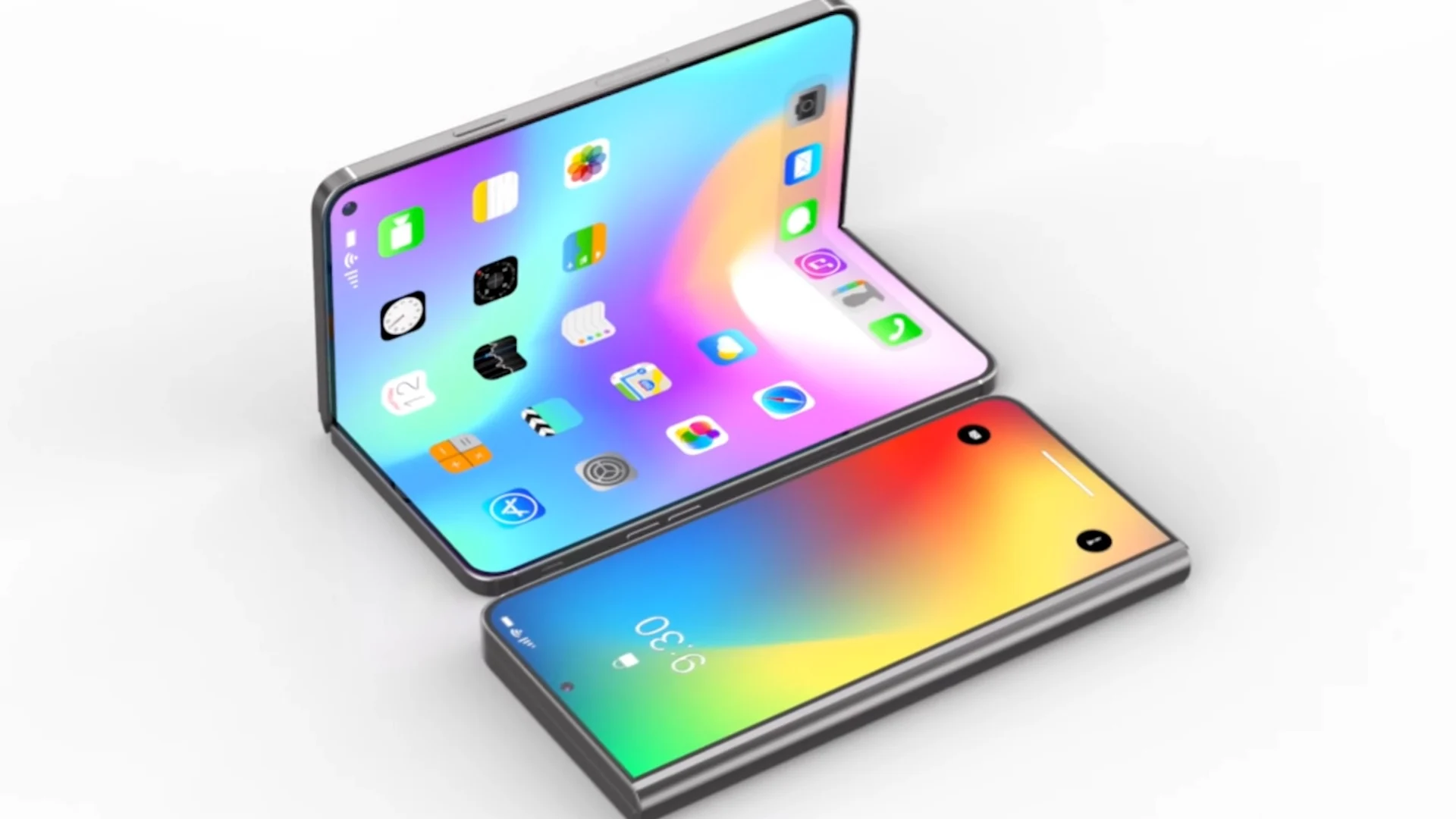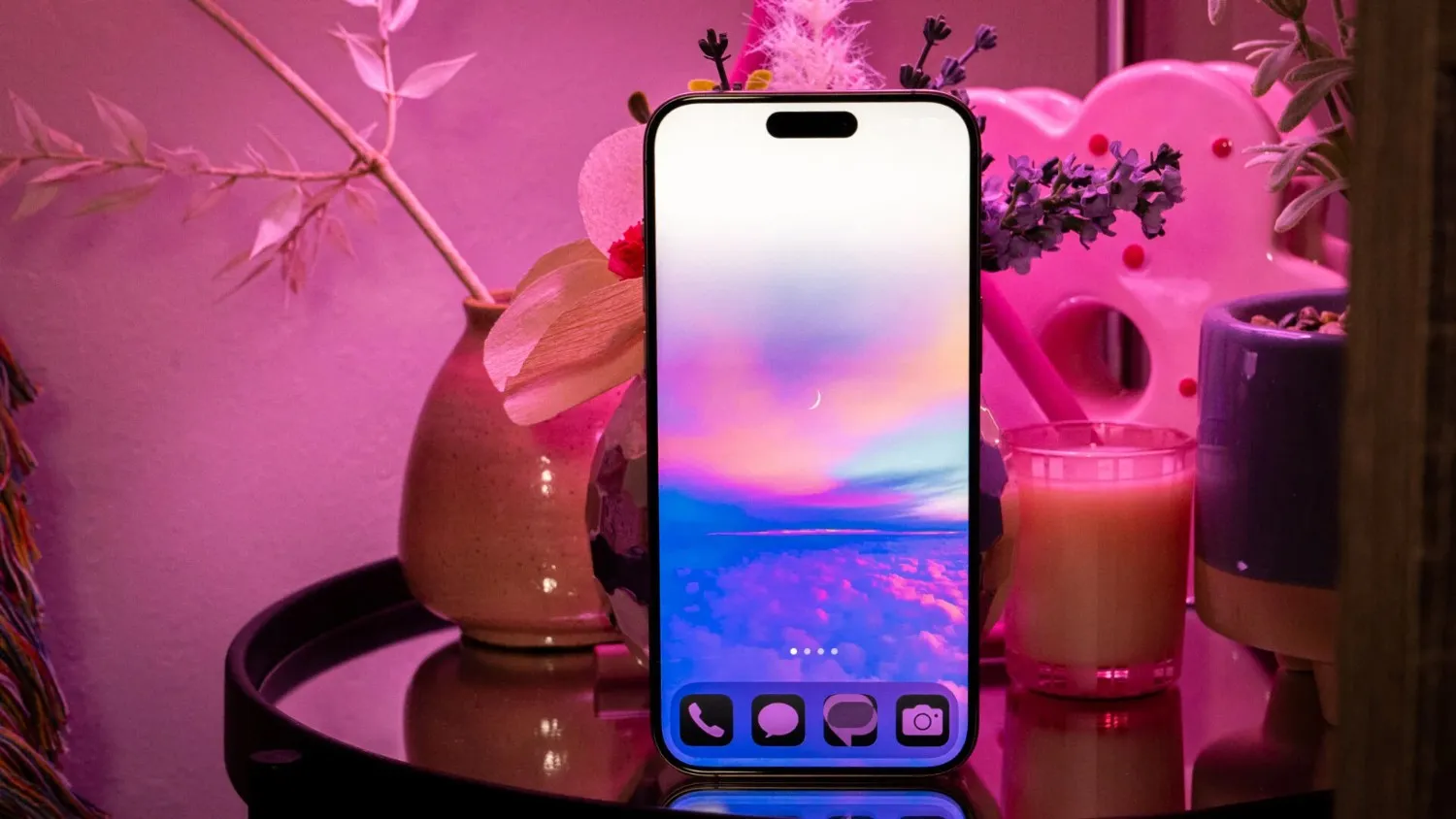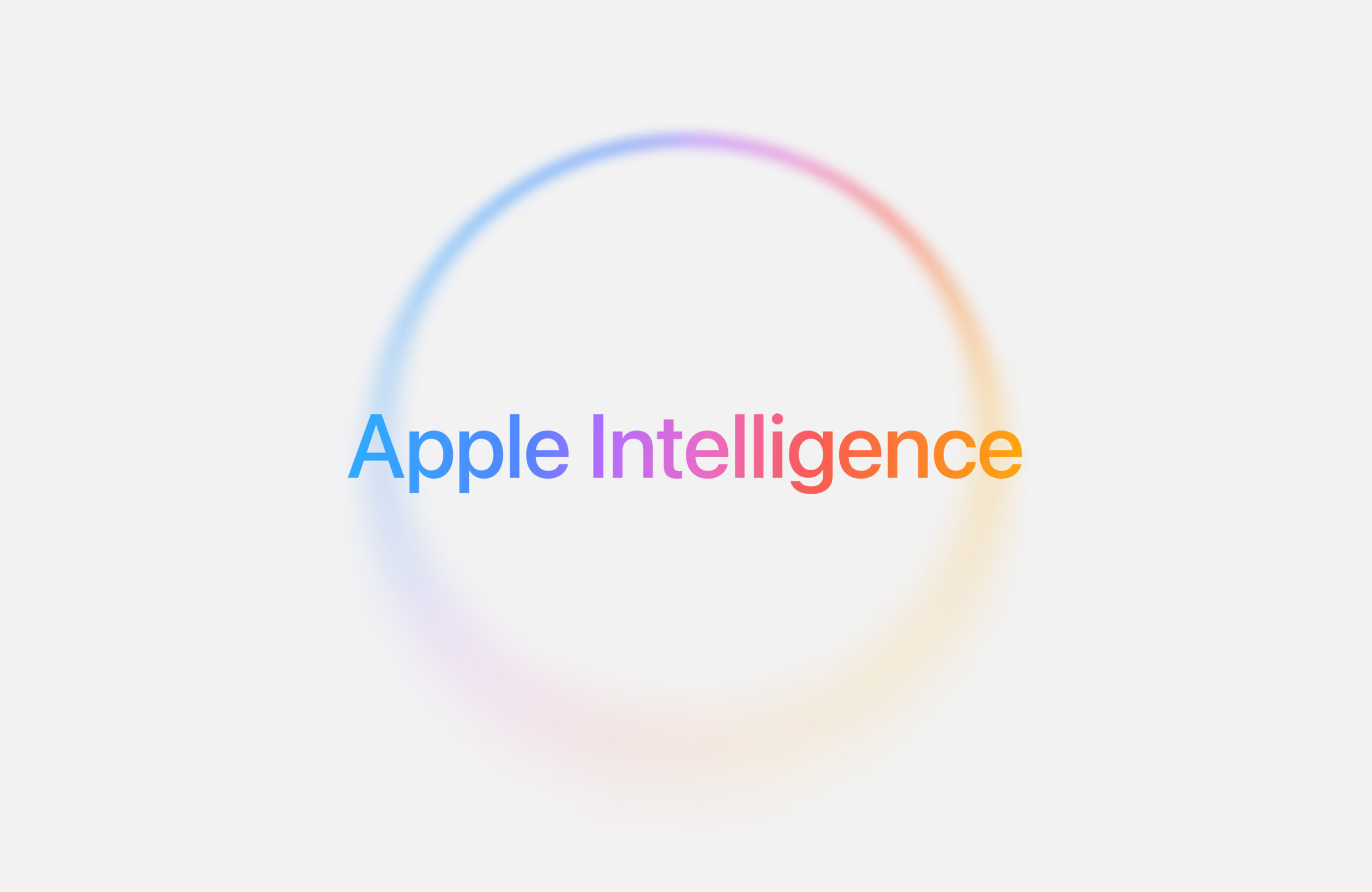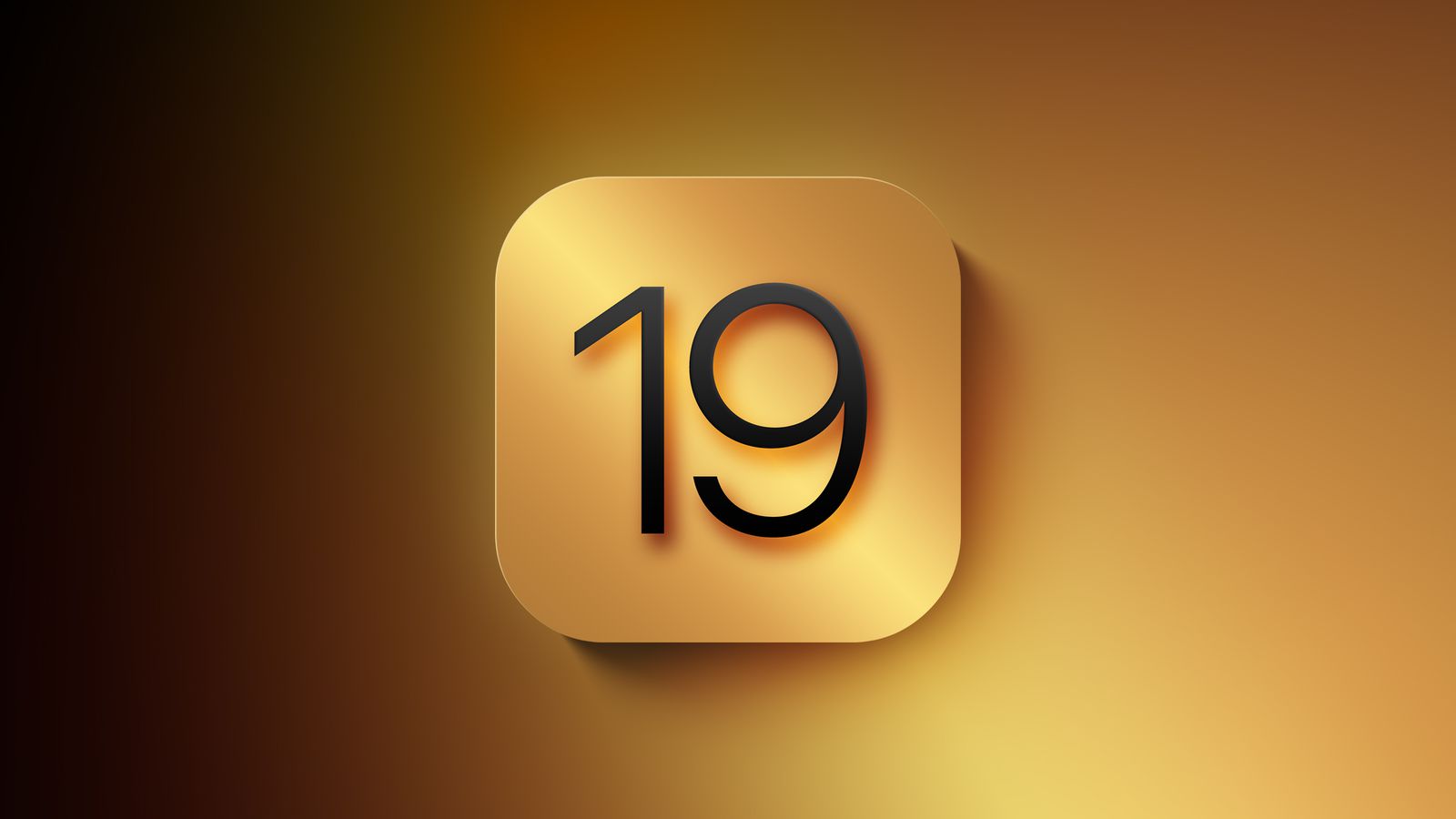Apple is planning to upgrade all iPhone 17 models with 12GB of RAM, according to a recent report. This is a noticeable improvement compared to the current iPhone 15 series, where only the Pro models have 8GB of RAM and the regular ones have 6 GB.
The increase in memory is expected to help with performance, especially when using apps that require more power or when multitasking. It should also support upcoming features that will rely on Apple’s AI technology. This could include on-device AI processing in iOS 18, which is expected to be announced at WWDC in June.
The report also says that Apple will continue to use different chips for standard and Pro models. The iPhone 17 and 17 Plus are likely to get the A18 chip, while the iPhone 17 Pro and 17 Pro Max (or possibly “Ultra”) will have the A18 Pro chip.
Adding more RAM to all models shows that Apple is getting ready for more powerful features in the future. The iPhone 17 lineup is expected to launch in September 2025, keeping with Apple’s usual release schedule. This change suggests Apple wants all iPhone users, not just those buying Pro models, to have smoother and faster experiences with future apps and iOS features.
